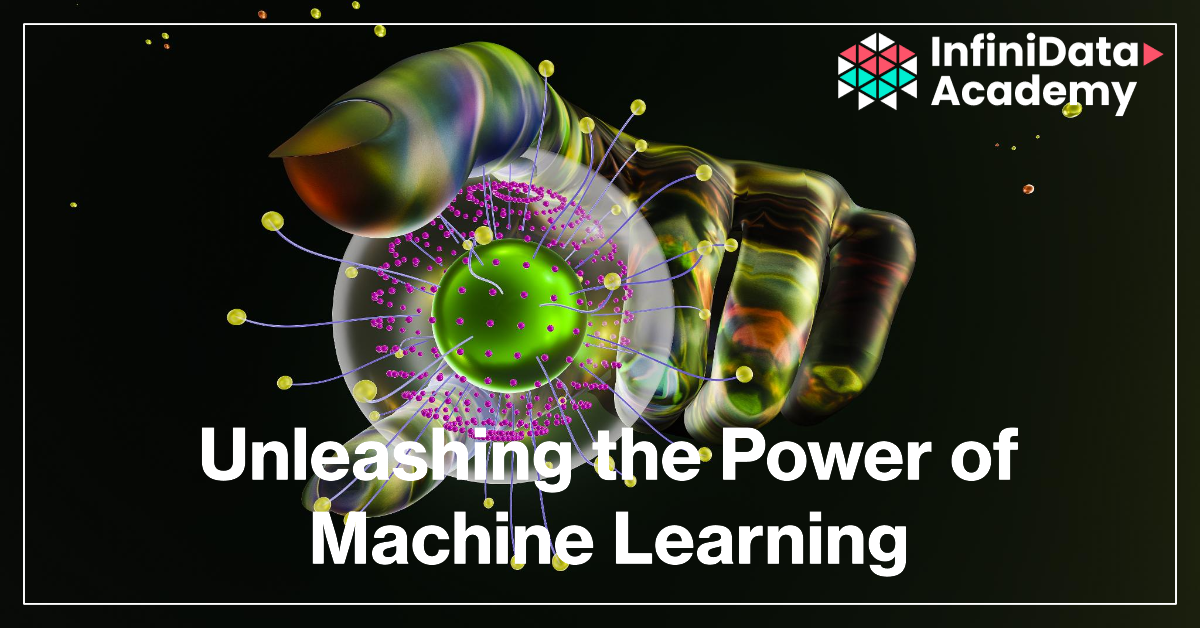In the ever-evolving landscape of technology, one buzzword has been making waves across industries: Machine Learning (ML). From enhancing online shopping experiences to revolutionizing healthcare, machine learning is the engine driving the future. This blog dives into the fundamentals of machine learning, its transformative impact on various sectors, and a unique case study that showcases its real-world application.
Understanding Machine Learning
At its core, machine learning is a subset of artificial intelligence (AI) that enables systems to learn from data, identify patterns, and make decisions with minimal human intervention. Unlike traditional programming, where rules are explicitly coded, ML algorithms improve their performance through experience. The three primary types of machine learning are:
- Supervised Learning: Involves training a model on labeled data, where the correct output is known. Common applications include image classification, spam detection, and predictive analytics.
- Unsupervised Learning: Deals with unlabeled data, where the system tries to find hidden patterns and relationships. Examples include clustering customers into segments and anomaly detection.
- Reinforcement Learning: A learning method where an agent interacts with its environment and learns to achieve a goal through trial and error, receiving rewards or penalties. This approach is widely used in robotics, gaming, and autonomous driving.
The Impact of Machine Learning Across Industries
Machine learning is reshaping industries by driving efficiencies, improving decision-making, and fostering innovation. Here are a few examples:

- Healthcare: ML algorithms can predict patient outcomes, assist in diagnosing diseases from medical images, and personalize treatment plans. For instance, Google’s DeepMind has developed AI models that can detect over 50 eye diseases as accurately as top doctors.
- Finance: Banks and financial institutions use ML for fraud detection, risk assessment, and algorithmic trading. Companies like PayPal employ machine learning to analyze transactions in real-time, flagging potentially fraudulent activities.
- Retail: E-commerce giants like Amazon use ML for product recommendations, inventory management, and dynamic pricing. Personalized shopping experiences driven by ML have significantly boosted customer satisfaction and sales.
- Transportation: ML is pivotal in developing self-driving cars, optimizing logistics, and predicting maintenance needs. Uber and Lyft leverage machine learning to forecast demand, reduce wait times, and improve route efficiency.
A Unique Case Study: Transforming Agriculture with Machine Learning
Let’s explore a distinctive and lesser-known application of machine learning in agriculture. This case study highlights how an innovative startup, AgroML, leverages ML to revolutionize farming practices.
The Challenge
Farmers face numerous challenges, including unpredictable weather patterns, pest infestations, and soil degradation. Traditional farming techniques often rely on experience and intuition, which can lead to inefficiencies and yield variability. AgroML aimed to address these issues by harnessing the power of machine learning to optimize farming practices and increase crop productivity.
The Solution
AgroML developed a comprehensive ML platform that integrates various data sources, including satellite imagery, weather forecasts, soil sensors, and historical crop data. The platform consists of three key components:
- Predictive Analytics: Using supervised learning, AgroML’s platform predicts optimal planting and harvesting times by analyzing historical weather patterns, soil conditions, and crop growth stages. This helps farmers make data-driven decisions, reducing crop losses and maximizing yields.
- Pest and Disease Management: By employing unsupervised learning algorithms, the platform detects early signs of pest infestations and diseases from satellite images and sensor data. Farmers receive real-time alerts and actionable insights, enabling them to take preventive measures before the problem escalates.
- Precision Agriculture: Reinforcement learning techniques are used to optimize irrigation and fertilization schedules. The platform learns the most efficient use of resources by continuously monitoring soil moisture levels and nutrient content. This not only conserves water and reduces costs but also enhances crop quality.
The Results
AgroML’s pilot project in a rural region demonstrated remarkable results. Farmers who adopted the platform reported a 20% increase in crop yields and a 30% reduction in water usage. Additionally, the early detection of pests and diseases minimized crop damage, resulting in healthier and more robust harvests.
The Future of AgroML
Buoyed by the success of their pilot project, AgroML plans to expand its platform to other regions and crop types. The startup is also exploring partnerships with agricultural research institutions to continuously refine their algorithms and incorporate the latest advancements in machine learning.
Conclusion
Machine learning is not just a technological advancement; it is a catalyst for transformation across various sectors. From healthcare to agriculture, the potential applications are vast and varied. The case study of AgroML underscores the power of machine learning to address real-world challenges and drive meaningful impact.
As we continue to generate unprecedented amounts of data, the role of machine learning in shaping our future cannot be overstated. By unlocking insights from data, ML empowers us to make smarter decisions, innovate faster, and solve complex problems. The journey has just begun, and the possibilities are endless.

